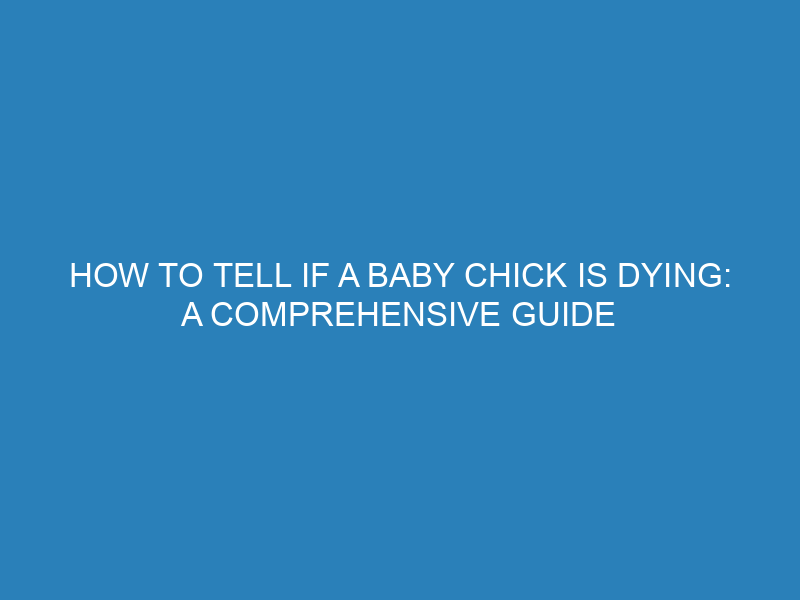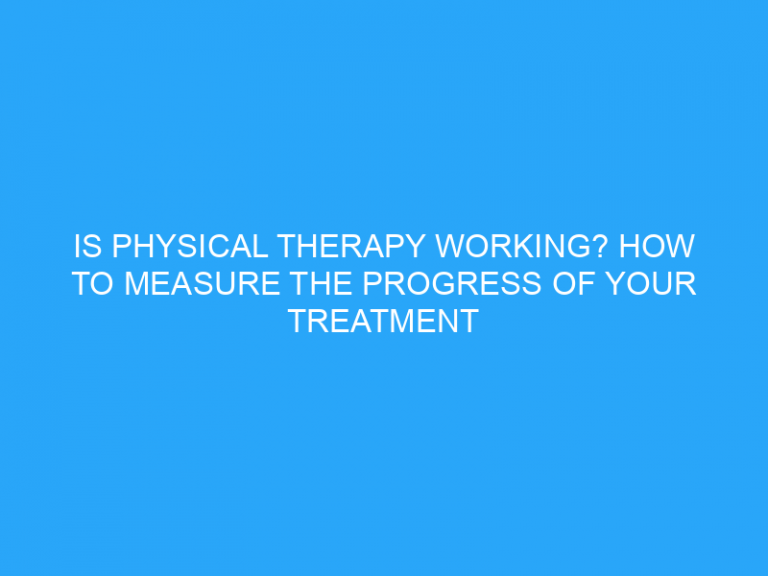Have you ever noticed a baby chick behaving differently than its peers? Are you worried that your chick might be on the verge of death?
Knowing the signs of a dying chick is essential for all poultry owners. It is essential to recognize the signs so you can intervene in time and save your baby chick.
In this comprehensive guide, you will learn how to tell if a baby chick is dying. We’ll also discuss the causes of death in baby chicks, the available treatments, and preventive measures to take.
How to Tell If a Baby Chick Is Dying
The earliest signs of a dying chick include lethargy, fluffed up feathers, and a decrease in appetite. Most chicks will also start to show signs of weakness, such as a reduced movement or difficulty standing up.
If the chick is not eating, it is a sign that it is becoming weak and in danger of dying. If it is drinking water, it is still alive. A dying chick may also have its eyes closed and will be unresponsive to external stimuli.
If you notice any of these signs, it is important to take the chick to a vet immediately. The earlier you intervene, the more likely you are to save the chick.
Causes of Death in Baby Chicks
There are many potential causes of death in baby chicks. These include:
Infectious Diseases
Infectious diseases are one of the most common causes of death in baby chicks. These can be caused by bacteria, viruses, or parasites. Common infectious diseases in baby chicks include coccidiosis, infectious bursal disease, and Marek’s disease.
Nutritional Deficiencies
Nutritional deficiencies can also lead to death in baby chicks. It is important to provide the chicks with a balanced diet with all the essential nutrients they need.
Dehydration
Dehydration is another common cause of death in baby chicks. It is important to ensure that the chicks have access to clean, fresh water at all times.
Predation
Predation is also a common cause of death in baby chicks. It is important to protect the chicks from predators, such as cats, dogs, and birds of prey.
Treatments for a Dying Chick
If you notice any of the signs of a dying chick, it is important to take the chick to a vet immediately. The vet can diagnose the cause of death and provide the necessary treatment.
Treatments for a dying chick can include antibiotics, fluids, electrolytes, and vitamins. The vet may also recommend changes in the chick’s diet and environment.
Preventive Measures to Take
The best way to prevent a baby chick from dying is to provide it with a healthy and balanced diet. It is also important to ensure that the chicks have access to clean, fresh water at all times.
It is also important to vaccinate the chicks against common diseases and take measures to protect them from predators.
Frequently Asked Questions about How to Tell If a Baby Chick Is Dying
What are the signs of a dying chick?
The earliest signs of a dying chick include lethargy, fluffed up feathers, and a decrease in appetite. Most chicks will also start to show signs of weakness, such as a reduced movement or difficulty standing up.
What are the causes of death in baby chicks?
The most common causes of death in baby chicks include infectious diseases, nutritional deficiencies, dehydration, and predation.
How do you treat a dying chick?
If you notice any of the signs of a dying chick, it is important to take the chick to a vet immediately. The vet can diagnose the cause of death and provide the necessary treatment.
Treatments for a dying chick can include antibiotics, fluids, electrolytes, and vitamins. The vet may also recommend changes in the chick’s diet and environment.
What preventive measures can I take?
The best way to prevent a baby chick from dying is to provide it with a healthy and balanced diet. It is also important to ensure that the chicks have access to clean, fresh water at all times.
It is also important to vaccinate the chicks against common diseases and take measures to protect them from predators.
Conclusion
Knowing how to tell if a baby chick is dying is essential for all poultry owners. It is important to recognize the signs so you can intervene in time and save your baby chick.
The most common causes of death in baby chicks include infectious diseases, nutritional deficiencies, dehydration, and predation. The best way to prevent a baby chick from dying is to provide it with a healthy and balanced diet and ensure that the chicks have access to clean, fresh water at all times.
If you notice any of the signs of a dying chick, it is important to take the chick to a vet immediately. The vet can diagnose the cause of death and provide the necessary treatment.






